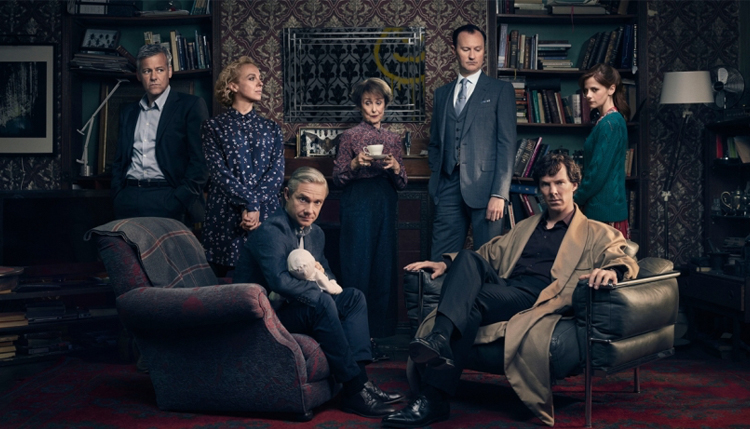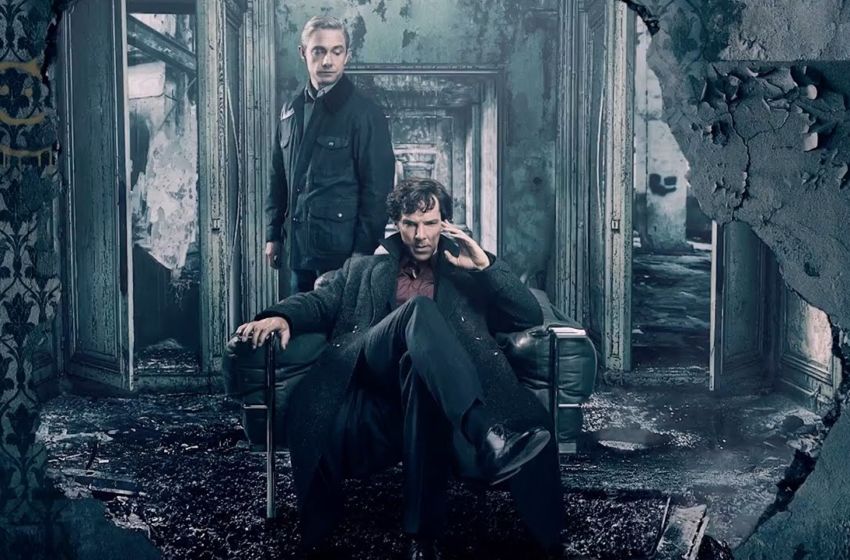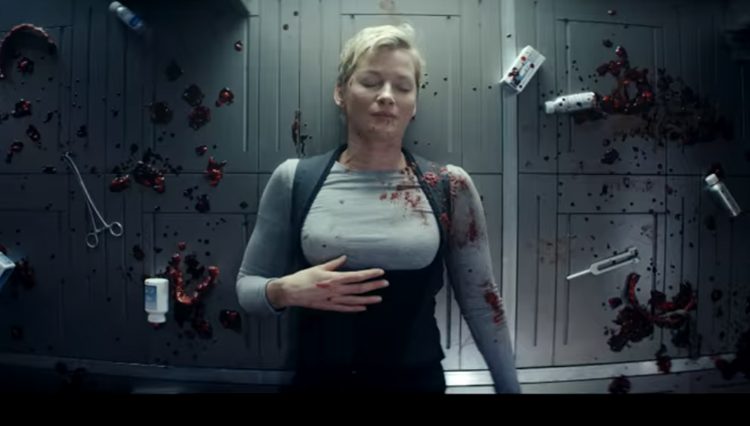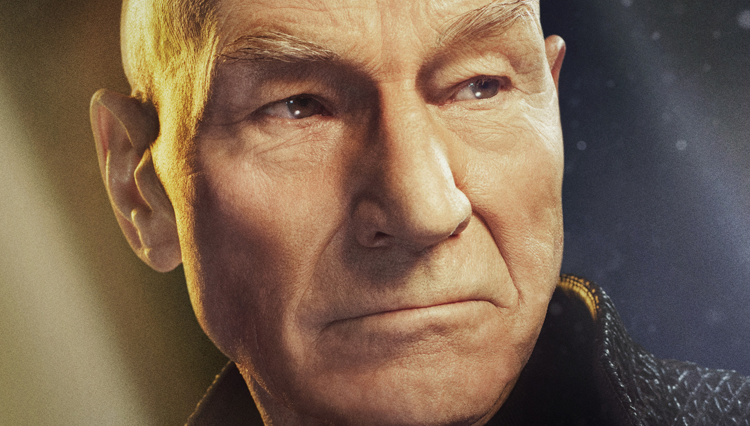Boy. This last episode of Sherlock was…bizarre. This episode had the return of Moriarty (sort of), meaningless philosophical debates, and the revelation the Sherlock was gaslighted by Mycroft when they were children. Needless to say, there’s a lot to unpack.
I don’t really want to talk about whether I liked or didn’t like anything about the episode. It was all too strange to really talk about it in subjective terms. Instead, I’m going to explain why this episode stands out among the ten episodes of Sherlock as truly unique (but not necessarily in a good way.)
Let’s start with the pointless moral dilemmas. The ideas explored in this episode have been explored countless times before, and every time I see them they make me cringe. Primetime television is incapable of dealing with these challenging subjects, and the writers of these shows are constantly proving that they don’t understand how ethics work.
In the episode, Eurus (Sherlock’s psychopathic sister who he forgot existed) says that they have to kill someone, or she’ll kill someone else. It’s a classic karmic dilemma, and like most karmic dilemmas, it only makes sense if you don’t think about it.
In no situation is it a good idea to play by the rules of somebody who clearly doesn’t value human life. You have no way of knowing whether they will keep their end of the bargain. You need to keep alive those whom you have to power to keep alive. The psychopath will probably kill anyway because they enjoy it, so you should never play their game. This not only makes moral sense, it makes logical sense.
Why Sherlock can’t figure that out is strange. You’d think he, of all people, would solve the problem in an unconventional way. Instead, he acted like someone out of Criminal Minds. The episode was so focused on being emotional, it forgot to be smart.
 Another strange aspect of the episode is Mycroft’s unwillingness to kill, as he is originally tasked with killing the innocent. My problem isn’t that it’s completely out of nowhere, we know he doesn’t like to get his hands dirty. But it still feels strange. He’s been responsible for a lot of death. He works in the intelligence service, after all. It seems strange that somebody that’s been around death that much would be that uncomfortable with the idea of directly causing it himself. Ultimately, it’s a defendable character trait, but very counterintuitive, making it feel like a contrivance for the purposes of tension.
Another strange aspect of the episode is Mycroft’s unwillingness to kill, as he is originally tasked with killing the innocent. My problem isn’t that it’s completely out of nowhere, we know he doesn’t like to get his hands dirty. But it still feels strange. He’s been responsible for a lot of death. He works in the intelligence service, after all. It seems strange that somebody that’s been around death that much would be that uncomfortable with the idea of directly causing it himself. Ultimately, it’s a defendable character trait, but very counterintuitive, making it feel like a contrivance for the purposes of tension.
Speaking of plot contrivances, Sherlock never mentioned his sister because he forgot she existed due to trauma! While, yes, this is a thing that can and does happen, it is is far from common. Children who cannot process things that happen to them will at times replace their memories as a coping mechanism. However, children that do this will often have some mental problems as a result.* The people that this happens to will sometimes (emphasis on sometimes) develop abuse issues later in life.
*Note that when I say “mental problems” I’m not implying that people that have gone through this type of thing are crazy or dangerous. Everybody has some abnormalities in the way their mind works. Some are more pronounced and interrupt normal life. If you had to use a coping mechanism, you shouldn’t be ashamed, because it means you are a survivor.
Ok, the more I write about it, the more it makes sense that Sherlock suffered emotional trauma early in life. Still, it’s out of nowhere, especially since they pull the “Mycroft gaslighted Sherlock” twist twice.
But, we get to see Moriarty again! For, like, a solid minute, plus little-prerecorded messages spread throughout. He’s the same old weirdo, listening to Queen and acting like a kid in a candy store when he’s taken to a prison for the most dangerous people in Britain. Really impressive that Andrew Scott has been able to keep his character consistent despite only having bit parts most of the time.
While we’d all love him to show up more often, I believe firmly in the Jaws effect. The less you show a villain, the scarier and interesting they become. Think about it: Boba Fett was a lot cooler before you found out that he was a clone. Better to leave us wanting more.
Sherlock’s apartment got bombed again. Seriously, again!
This is the first season (or series, as the British say) to not end on another mystery or cliffhanger. This naturally asks the question: is this the end of Sherlock? Nobody knows for sure, but I doubt it. It’s too popular and I think the people involved genuinely enjoy doing it. But we probably will see a large gap between seasons. I doubt very much that we’ll see any more episodes before late 2018/early 2019.






